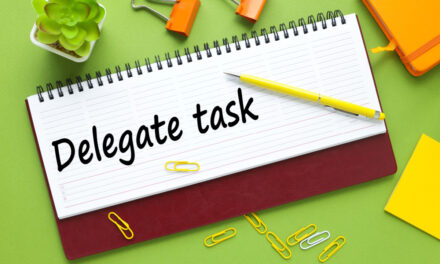Introduction: Why Effective Meeting Moderation Matters
In our short-paced world of small businesses, time is a commodity. Effective meeting moderation is not just a skill; it’s a need. Whether you are a seasoned small business owner or simply starting out, expertise on how to run a meeting effectively may be a game-changer. This guide delves into the nuances of meeting moderation, tailor-made for the American small enterprise landscape.
The Role of a Moderator in Small Business Meetings
A moderator does more than just lead a meeting; they shape its outcome. In small businesses, where every voice matters, a moderator ensures that meetings are productive, inclusive, and on-point. Their role is pivotal in steering discussions towards actionable results, making every minute count.
Preparing for Effective Moderation
The key to successful moderation lies in preparation. Choosing the right moderator – someone who understands the meeting’s goals and the dynamics of the participants – is crucial. Setting an agenda, understanding the audience, and equipping yourself with the right tools are steps that cannot be overlooked. According to the Organization for Economic Cooperation and Development, an average of 17% of time in businesses is spent in meetings, highlighting the importance of efficient preparation.
Make sure that only people are invited that need to be present. Be clear about what kind of meeting you are going to moderate. Shall a decision be made? Or is the goal to discuss a topic in a workshop format? Are you going to deliver a briefing?
Executing the Meeting: Best Practices
How to run a meeting effectively requires more than just following an agenda. It involves setting a respectful tone, establishing clear ground rules, and actively managing the discussion. Encouraging participation and handling conflicts delicately are skills that set apart great moderators from good ones.
A great moderator observes the audience, makes sure the topic stays on track, and provides a safe space for everybody to be heard. This means that sometimes you have to stop people that talk a lot to give the word to people that are rather shy. But in a respectful, concise way.
Do’s and Don’ts of Moderation
- Do: Listen actively, remain neutral, and keep the discussion focused.
- Don’t: Dominate the conversation, ignore participants’ input, or let the discussion go off-track.
Same as in football, a great moderator is not even noticed.
Navigating Challenging Situations
Not all meetings go as planned. Dealing with unresponsive participants, managing dominating personalities, and steering off-topic discussions back on course are challenges that a skilled moderator can handle with tact and diplomacy.
Leveraging Technology in Meetings
In the era of digital transformation, virtual meetings have become a norm. Video conferencing has been shown to increase productivity by 89%. Mastering the use of digital tools like video conferencing software and digital whiteboards can significantly enhance the effectiveness of virtual meetings.
The Post-Meeting Process
What happens after the meeting is as important as what happens during it. Documenting key points, decisions, and following up ensures that the time spent in meetings translates into tangible actions. It’s also a moment to reflect and gather feedback for continuous improvement.
Conclusion: Embracing Effective Moderation
Effective meeting moderation is a continuous learning process. It’s about making the most of the time you and your team spend together, turning discussions into decisions, and plans into action. And that’s how to run a meeting effectively.
Further reading:
- Loom, 16 Eye-Opening Statistics About Time Spent in Meetings: https://www.loom.com/blog/statistics-about-meetings
- TeamStage, Meeting Statistics: Effectiveness, Virtual Conferencing, and More in 2023: https://teamstage.io/21-monumental-meeting-statistics/#:~:text=Nearly%2090%25%20believe%20that%20video,speed%20up%20project%20completion%20times.





